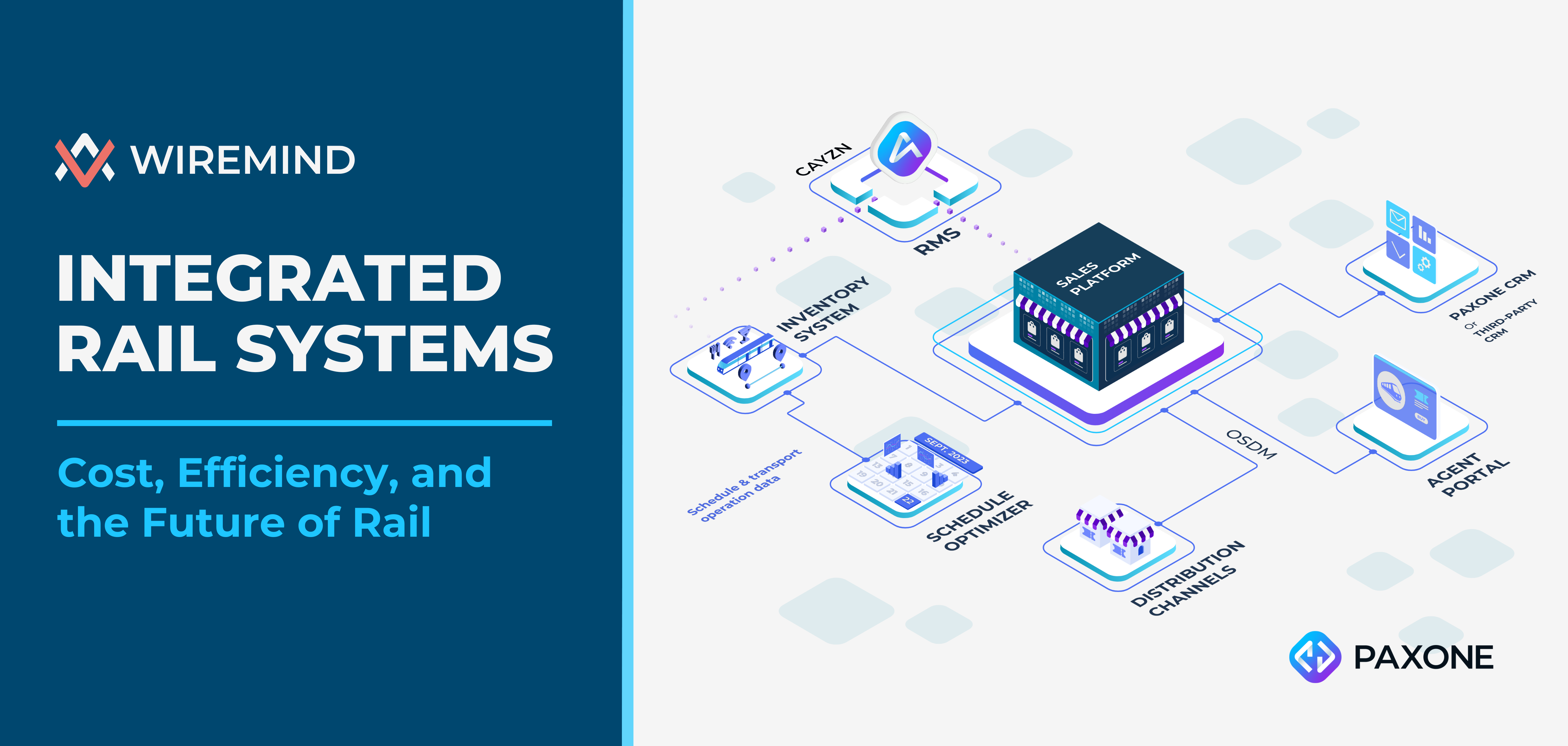Key Strategies for Setting Optimal Ticket Prices for Sports and Events

Ticket revenue is a major source of income for the sports and event industries. Revenue generated from ticket sales supports event organization, athlete payments, infrastructure development, and overall sustainability. Therefore, mastering the art of ticket pricing i.e. setting an optimal price for each ticket is crucial for revenue maximization.
An effective pricing strategy boosts profitability and enhances the appeal and overall fan experience at a sports event.
Key Factors Shaping Pricing Decisions
When setting optimal ticket prices, many factors come into consideration that shape your decisions.
- Value Perception: Beyond the actual price of the ticket various factors like high-profile games, exclusive experiences, comfortable seating, good views, and additional amenities can all increase the perceived value of a ticket, thus allowing for a bigger margin in price definition.
- Cost Considerations: Costs involve every expense required to host a sporting event. This includes player salaries, staff wages, stadium operation and maintenance, security, marketing, administrative costs, and more. The higher the costs, the more revenue needs to be generated to cover them, influencing ticket prices.
- Market demand and elasticity: As with any product or service, demand is a key pricing determinant in the sports and event industries. For sports, demand can be influenced heavily depending on the game. Recent performances of the team, star players, rivalry games, and special events or games with playoff implications are some factors that have the power to influence the demand for an event. For example, Real Madrid and its internationals attract a large number of loyal supporters as well as tourists and have a high demand with low price elasticity. This leads to an overall increase in prices.
Brand Reputation and Loyalty: Teams with a strong brand and loyal fans often have more pricing power. Fans might be willing to pay premium prices to support their favorite teams or to be part of a cherished tradition. - Brand Reputation and Loyalty: Teams with a strong brand and loyal fans often have more pricing power. Fans might be willing to pay premium prices to support their favorite teams or to be part of a cherished tradition.
- Time and Convenience: Matches organized at convenient times and on popular days like weekends or holidays can often command higher prices due to increased demand. Similarly, more convenient locations that are easier to reach or have plenty of parking, etc can also justify higher prices.
Source: Football 50 2023 calculated taking into account the market investment, stakeholder equity, and business performance as of 2023.
A Spectrum of Pricing Strategies in the Sports and Event Industries
Each pricing strategy comes with its unique merits and application scenarios. Let us walk through some popular strategies that ticketing managers use:
- Early Bird Pricing: This strategy offers tickets at a discounted rate for customers who purchase well in advance of the event. For example, several football clubs offer early bird tickets with a discount on the original price to encourage initial sales and create a buzz around the match.
- Multi-tiered Pricing: This strategy involves setting different prices for different levels of experience or access. A football club for example may offer VIP tickets with a catering service, regular seats, and standing areas, each priced differently. This allows businesses to cater to a wide range of budgets and preferences.
- Bundled Ticket Pricing: Bundled pricing is where the business combines several products or services and sells them for a lower price than if they were bought individually. For example, fans can purchase a Family Pack, which allows two adults and two children to pay a price that is less than the total cost of individual tickets for each person in the family. This strategy is aimed at value-seeking customers.
- Discounted Pricing: One can capitalize on consumer psychology using discounted pricing. This strategy involves selling tickets to customers who perceive a discount as a gain and attending the event (or) match due to this. For example, offering a discount to students can be a great way to increase stadium occupancy.
- Dynamic Pricing: A strategy that has been in existence in the passenger transportation and hospitality sectors for a long time, but something that sports industries are adopting in recent times is dynamic pricing. Dynamic pricing is a complex yet highly effective strategy, which maximizes revenue when demand is high and increases sales when demand is low. In the sports industry, ticket prices can fluctuate based on many factors that are sometimes beyond our control, such as the name of the opponent, importance of the match, players involved, timing of the event, weather, and more. This strategy takes all these factors into consideration all of these factors as much as possible to set an optimal price for tickets.
Read Here: The Power of Effective Revenue Management
Navigating the Challenges of Pricing Strategies
Pricing strategy objectives often include increasing stadium occupancy, boosting revenue, and improving the fan experience. Each club has its unique objectives that shape their pricing strategy. For instance, a club aiming to foster a loyal fanbase may offer more affordable prices to encourage regular attendance.
However, there are several challenges involved in reaching these objectives and implementing the right pricing strategies. Navigating these challenges requires creativity and a strategic approach, which is often the responsibility of a ticketing manager. Here are some potential challenges, and solutions that can help address them:
Predicting Demand
Challenge – Forecasting demand for events can be challenging, especially when it is influenced by unpredictable factors like team performance, weather, or broader economic conditions.
Solution – Leverage data analytics to better understand and predict demand. Tools like EVENTORI can analyze historical data and incorporate factors such as recent team performance, opponent, day of the week, weather forecasts, and more to predict demand.
Balancing Different Objectives
Challenge – It can be difficult to balance the need for revenue generation with the desire to keep events accessible to a broad fan base. Pricing too high might maximize short-term revenue but risk long-term fan loyalty and engagement.
Solution – Consider tiered pricing or dynamic pricing to balance revenue generation with accessibility. Offer a range of price points to accommodate fans with different budgets, and adjust prices dynamically to maximize revenue without alienating fans. This strategy can also be implemented either at a season level or an event level. Since each event has its own pricing, specific objectives can be covered for a certain event/season, leaving some other objectives for the next one. This allows clubs to balance different objectives throughout the year.
Technological Limitations
Challenge – Implementing dynamic pricing or tiered pricing models can require advanced technology that is sometimes absent in the market.
Solution – Invest in the necessary technology and expertise like the passenger transportation industry to implement advanced pricing strategies. Solutions like EVENTORI can facilitate dynamic pricing, tiered pricing, and other strategies.
Maintaining Value Perception
Challenge – Creating and maintaining a perception of value is a constant challenge. If prices are raised, there may need to be improvements in the fan experience to maintain perceived value.
Solution – Enhance the value proposition of attending the event. This might involve improving the fan experience, offering unique benefits or exclusives for ticket holders, or showcasing the unique value of live attendance compared to watching at home.
Embracing Technology for Pricing Optimization
Advanced solutions enable seamless ticket management and streamlined ticket sales. EVENTORI is a prime example of this.
EVENTORI offers a robust platform that facilitates pricing optimization using historical data, helping sports clubs achieve their objectives. Clubs can implement various pricing strategies and adjust prices in real-time using its intuitive interface.
In the dynamic landscape of the sports and event industries, a strategic approach is essential to maximizing ticket revenue. Tools like EVENTORI serve as invaluable allies, providing a comprehensive solution for event ticketing and pricing strategy. By leveraging such technologies, organizers are given the necessary support to set the optimal price and, in turn, achieve their revenue objectives.
Interested in exploring how EVENTORI can benefit your club? We already have some noted clients like QRM and PSG. Read what they have to say here.
Reach out to our product experts for a free demo. Drop an email to [email protected], and we will get back to you within two hours!
Wait a sec! Interested in a quick demo?
Witness how Wiremind's optimization solutions can supercharge your operations.
Book a demo













